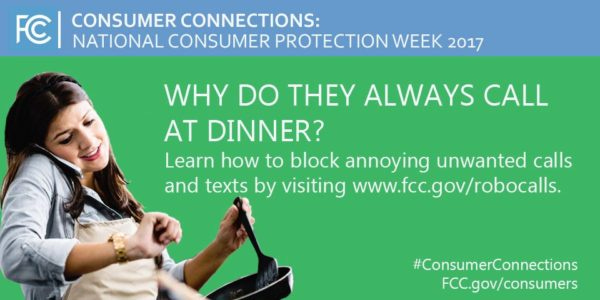'Neighbor spoofing' robocalls continues to ruin dinners, weekends; FCC in new push to stop phone spam

The FCC is issuing fresh warnings about so-called "neighbor spoofing" as the agency plans a fresh push to tamp down illegal robocalls -- and scammers continue to perfect their tools of evasion.
Neighbor spoofing involves spam calls that arrive appearing to come from a nearby phone number. If your number is 212-555-3445, a neighbor spoofed call might appear to come from 212-555-4556.
Why do criminals do this? Many consumers say telemarketing calls have become so common that they've stopped answering unexpected calls altogether. If a call appears to come from a neighbor, that's much more tempting, however.
Neighbor spoofing made up 18 percent of all spam calls last year, up from 4 percent the previous year, according to call blocking service NoMoRobo. So obviously the technique works.
It works because of a relic from the way telephone numbers were once doled out. During POTS (plain old telephone service) time, residents were assigned numbers with area codes (the first 3 digits, also known as "NPA") and exchanges (the next three digits, also known as NXX) that roughly corresponded to local geographic areas. So if you saw a 201-438-XXXX number, you were pretty sure the home was in New Jersey, near New York City. That's why it used to be a safe bet that the 212-555-4556 number above was a neighbor. And why neighbor spoofing is called NPA-NXX spoofing in the industry.
It's pretty hard to stop phone spam, but the FCC is trying. It's finally given the green light to carriers so they can pre-emptively block calls from known bad actors without fear of legal reprisals. And it's trying to create incentives for industry actors to improve their call-blocking technologies.
"To help consumers confront such scams, the FCC will be partnering with the Federal Trade Commission in two upcoming events aimed at furthering the fight against illegal robocalls and caller ID spoofing. The agencies will co-host a policy forum later this month and a technology expo in April," the FCC said.
The agency has also stepped up enforcement, issuing $200 million fines last year to robocallers. In the first-ever neighbor spoofing case, Adrian Abramovich of Miami, Florida was fined $120 million after he allegedly made 96 million spoofed robocalls during a three-month period to trick unsuspecting consumers into answering and listening to his travel advertising messages.
FCC TIPS
Be Aware: Caller ID showing a “local” number no longer means it is necessarily a local caller.
Don’t answer calls from unknown numbers.
Don’t provide any personal information to callers.
Review call blocking tools provided by your phone company or 3rd party app developers.
File a complaint with the FCC.
If you've read this far, perhaps you'd like to support what I do. That's easy. Buy something from my NEW LIBRARY AND E-COMMERCE PAGE, click on an advertisement, or just share the story.



